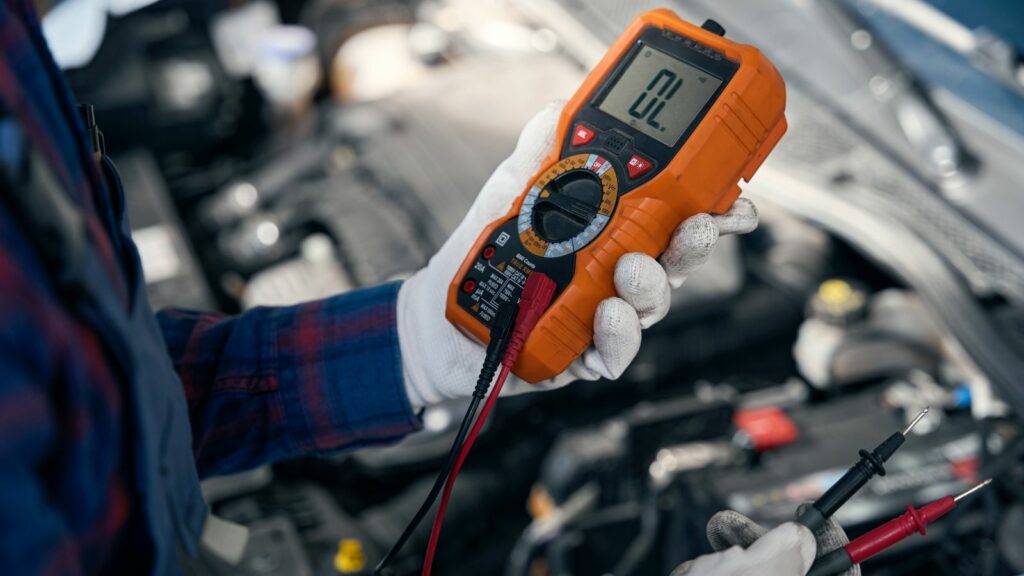Working on your own car is one of the most rewarding parts of being an automotive enthusiast. Even if you are not a professional, there is real satisfaction in fixing, maintaining, or upgrading your vehicle with your own hands. The difference between a frustrating afternoon and a productive one often comes down to whether you have the right tools. A well chosen set of essentials will allow you to handle basic maintenance and even dive into bigger jobs with confidence. Here are ten tools every hobby mechanic should own, expanded with more detail on how they are used and why they matter.
Socket and Ratchet Set
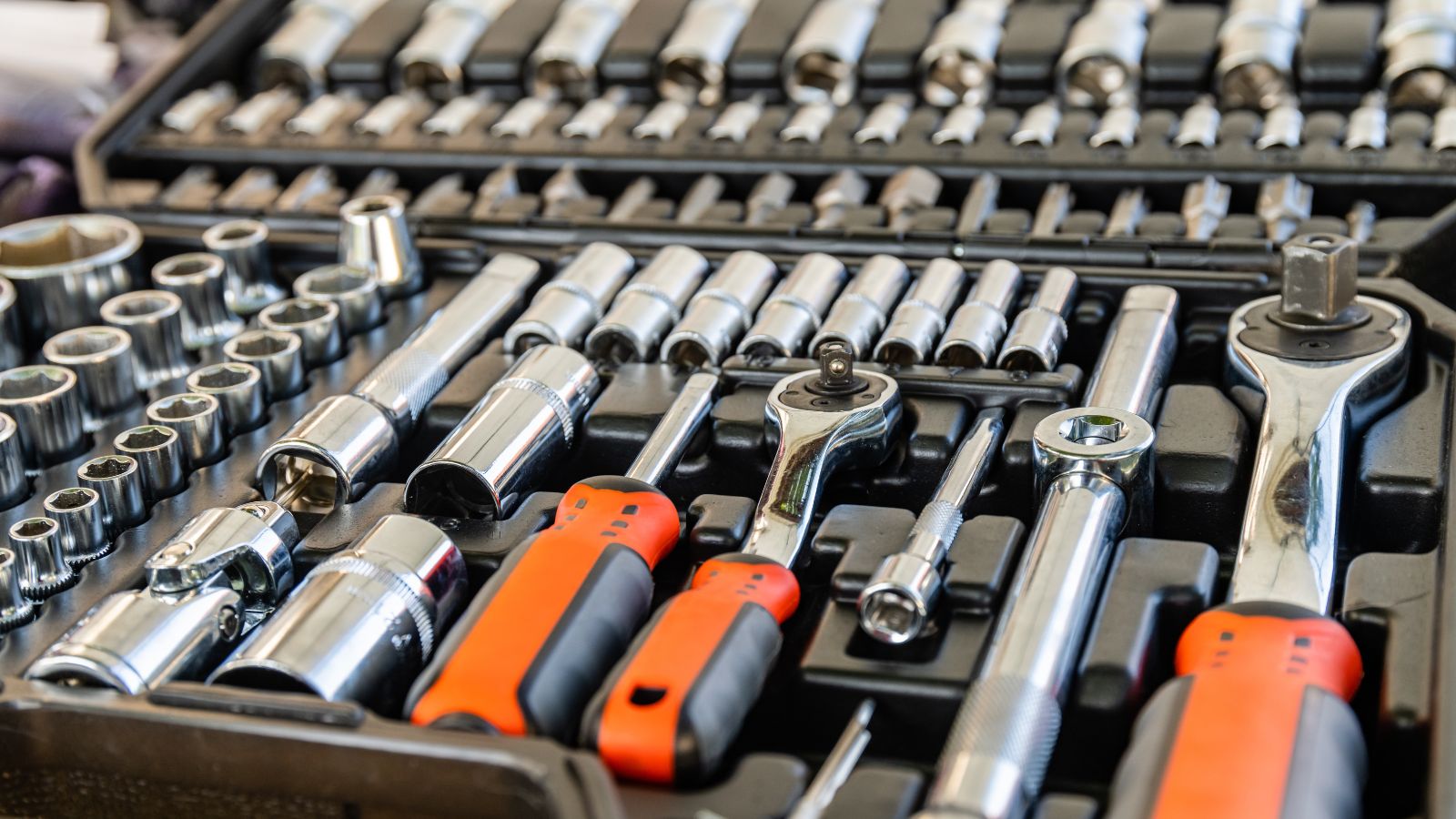
A solid socket set is the backbone of any mechanic’s kit. It will be used for everything from loosening lug nuts to removing intake manifolds. A good set should include metric and standard sizes, shallow and deep sockets, and a variety of ratchet handles. Long handle ratchets help when extra torque is needed, while shorter ones fit into tight spaces. Extensions are lifesavers for reaching bolts buried deep in the engine bay. Many beginners underestimate how often they will use sockets, but once you start turning wrenches you will reach for them more than anything else.
Torque Wrench
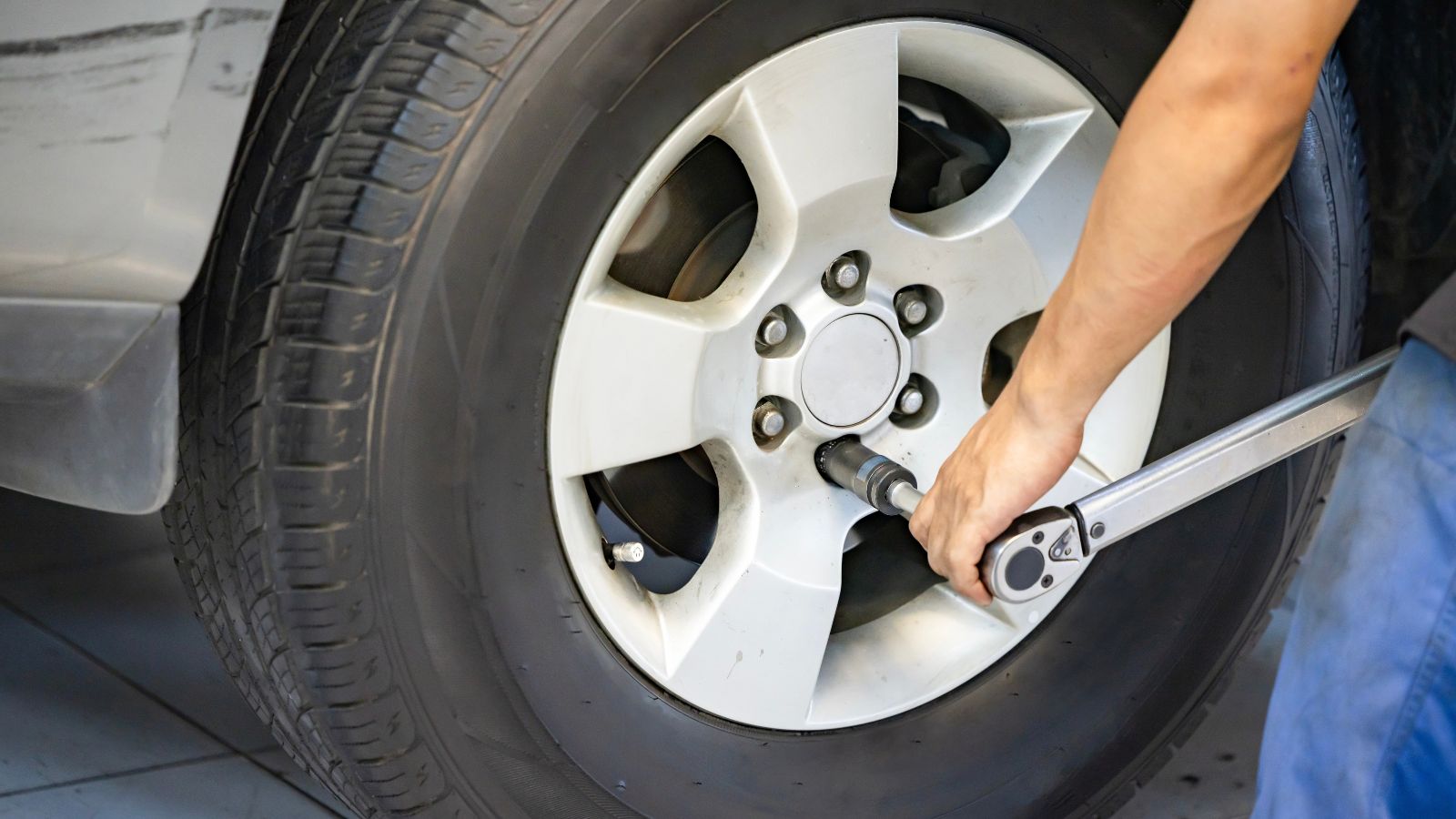
While it is tempting to simply tighten bolts until they “feel right,” that method can lead to expensive mistakes. A torque wrench ensures you fasten components to the exact specifications recommended by the manufacturer. Over tighten a bolt, and you risk stripping threads or even snapping it. Under tighten, and critical parts like suspension arms or cylinder heads can work loose. Whether it is torquing your wheels after a tire rotation or tightening the valve cover gasket, a torque wrench is the difference between guessing and knowing.
Jack and Jack Stands
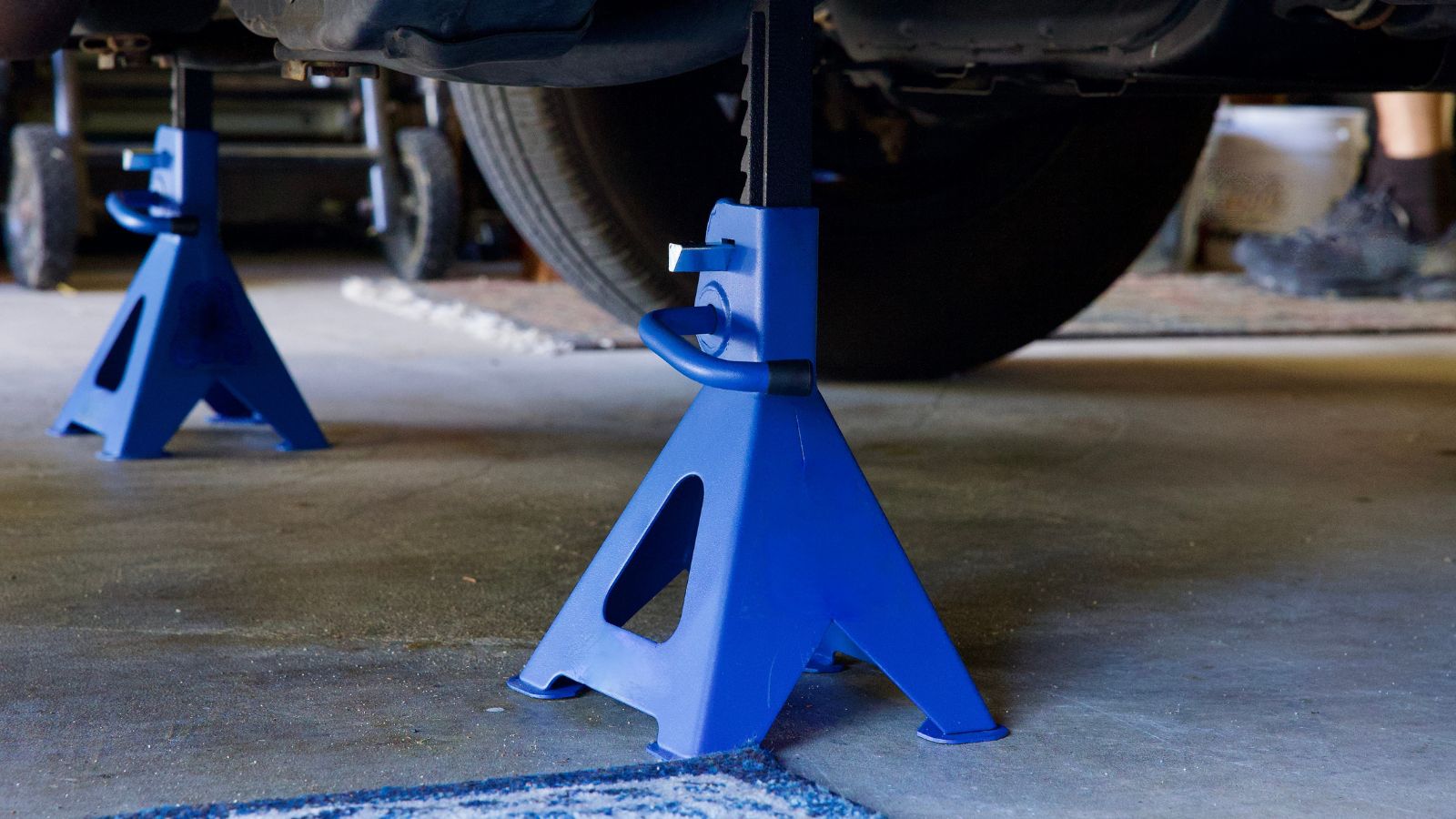
The factory jack included with your car is only meant for emergencies, not for extended work. A hydraulic floor jack offers much more stability, and combined with a set of heavy duty jack stands, it provides a safe way to work under your vehicle. Never rely solely on a jack to hold up a car—it can slip or fail without warning. Jack stands distribute the weight securely, giving you peace of mind when changing oil, replacing an exhaust system, or working on brakes. Safety here is not optional; it is essential.
Screwdrivers and Wrenches
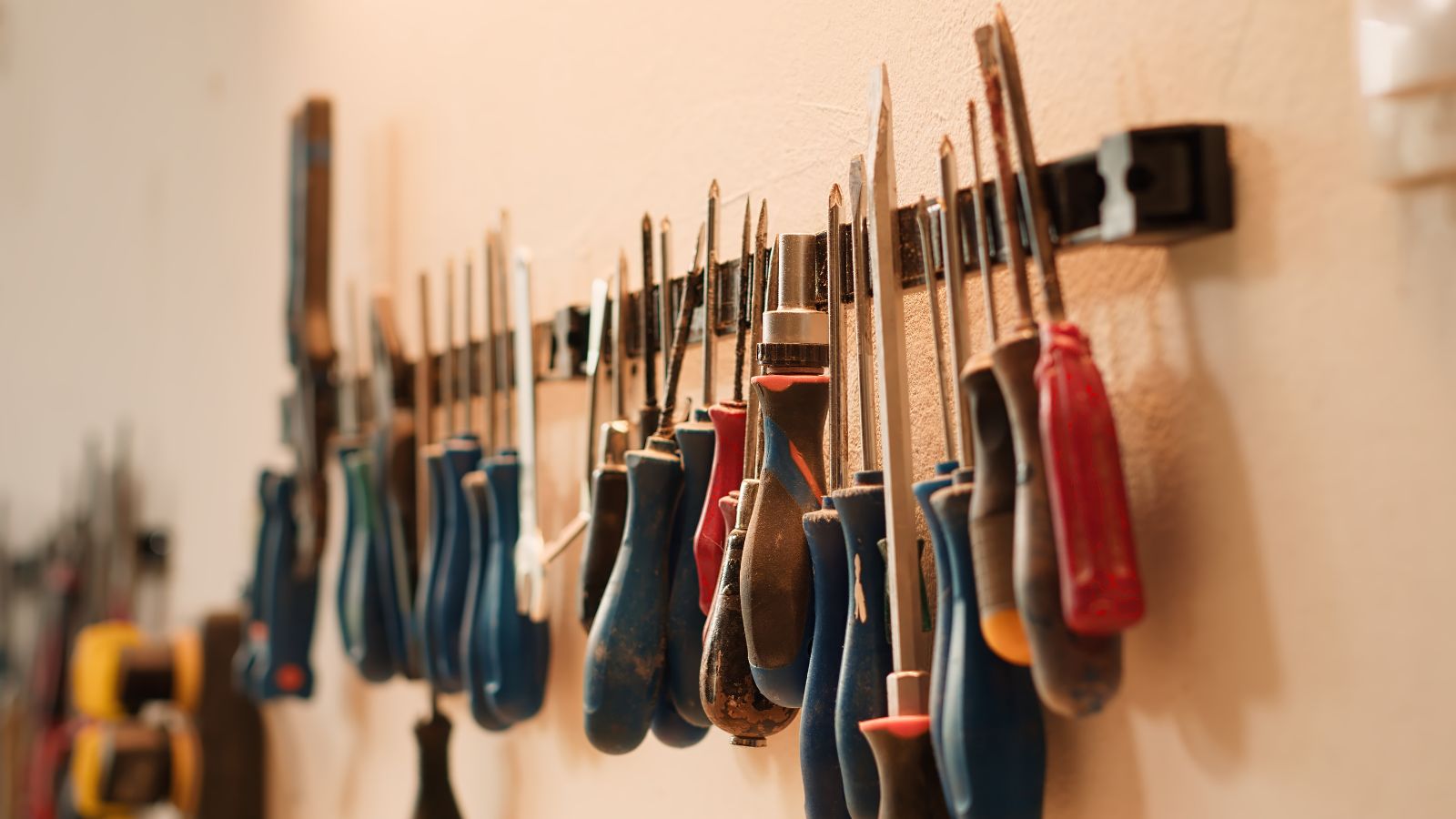
Screwdrivers and combination wrenches are the everyday heroes of the garage. A full set of flathead and Phillips screwdrivers will cover everything from interior trim to carburetor adjustments. A selection of box end and open end wrenches is equally important. Wrenches often fit where sockets cannot, especially in cramped engine compartments. Investing in high quality screwdrivers and wrenches will save you the headache of stripped screw heads or rounded off bolts, problems that are common with cheap tools.
Pliers and Vise Grips
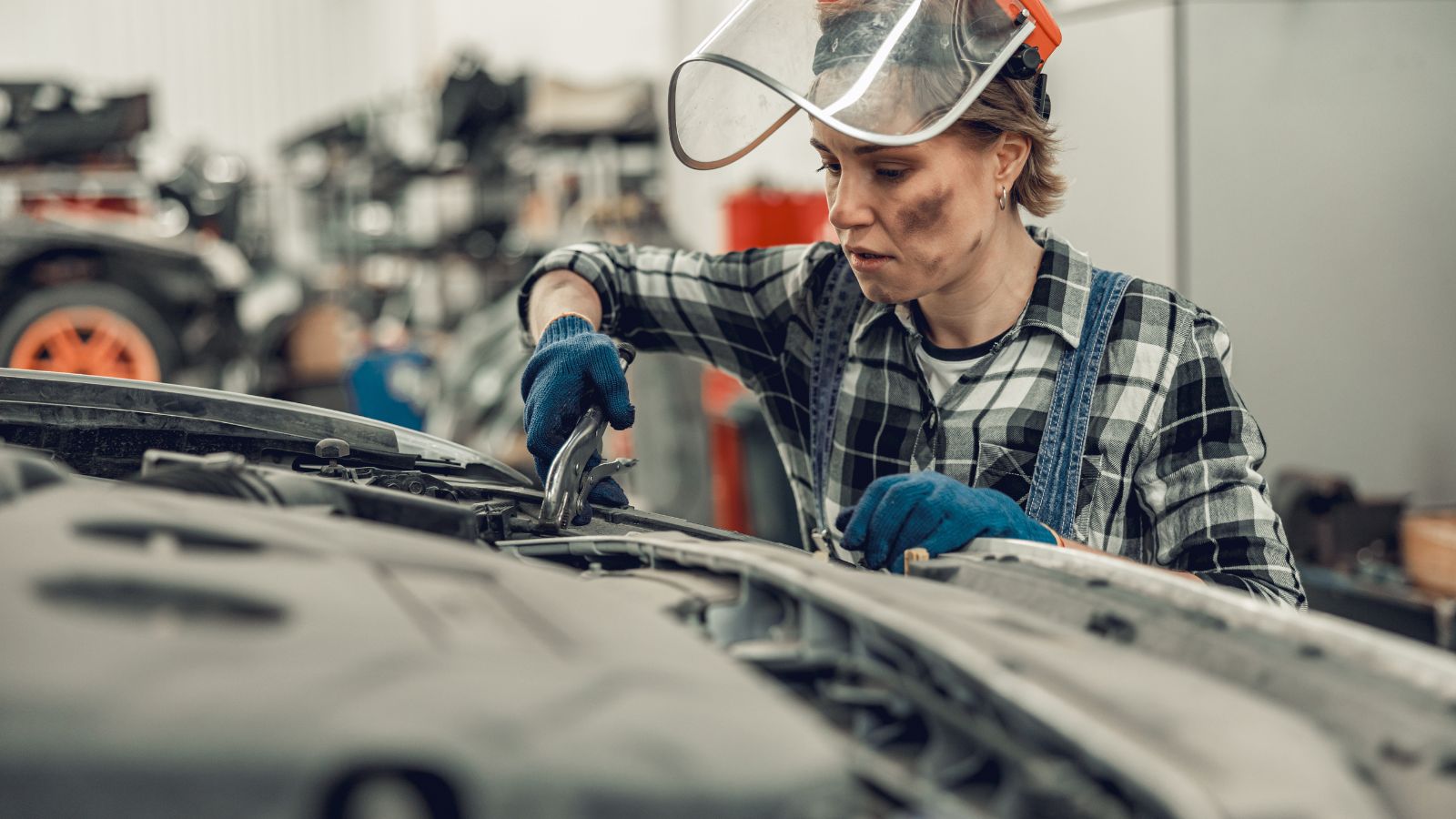
Pliers are the kind of tool you do not realize you need until the moment you desperately need them. Needle nose pliers are perfect for removing stubborn clips, clamps, or electrical connectors in tight spaces. Slip joint pliers handle larger jobs like hoses, while locking vise grips can clamp onto bolts too rounded for a wrench to grab. They can also hold parts in place when you need both hands free. Every hobby mechanic should have a small collection of pliers for different situations, as they will be used on almost every job.
Multimeter
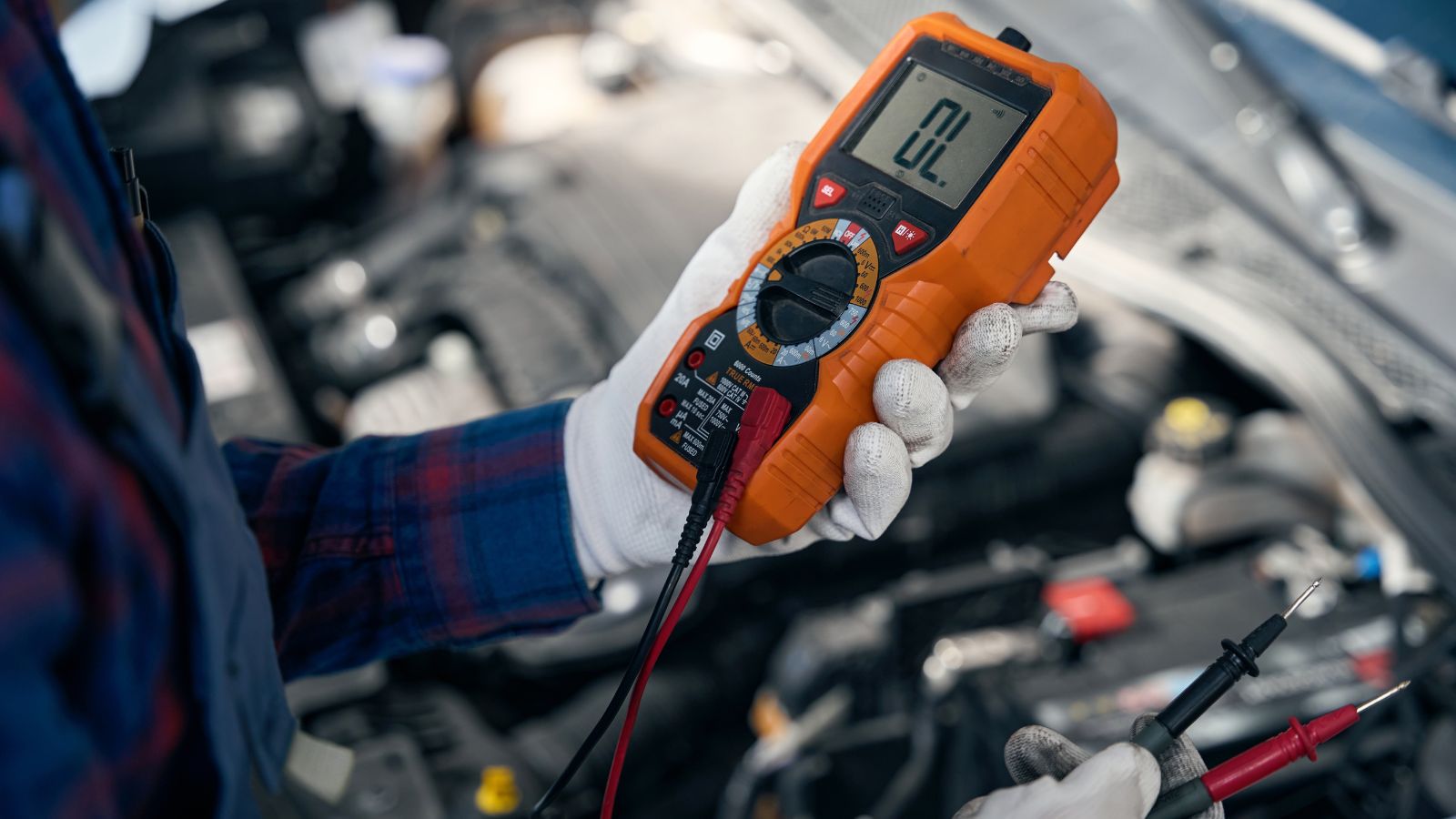
Electrical issues can stump even experienced mechanics, but a multimeter makes the invisible visible. With it, you can test a car battery’s voltage, check if your alternator is charging properly, find blown fuses, and troubleshoot wiring faults. Without one, electrical work is pure guesswork. A multimeter might sound intimidating, but even learning the basics can save you costly trips to a shop. For example, you can quickly determine whether a dead car is caused by a flat battery or a failed alternator—knowledge that puts you in control.
Impact Wrench or Breaker Bar
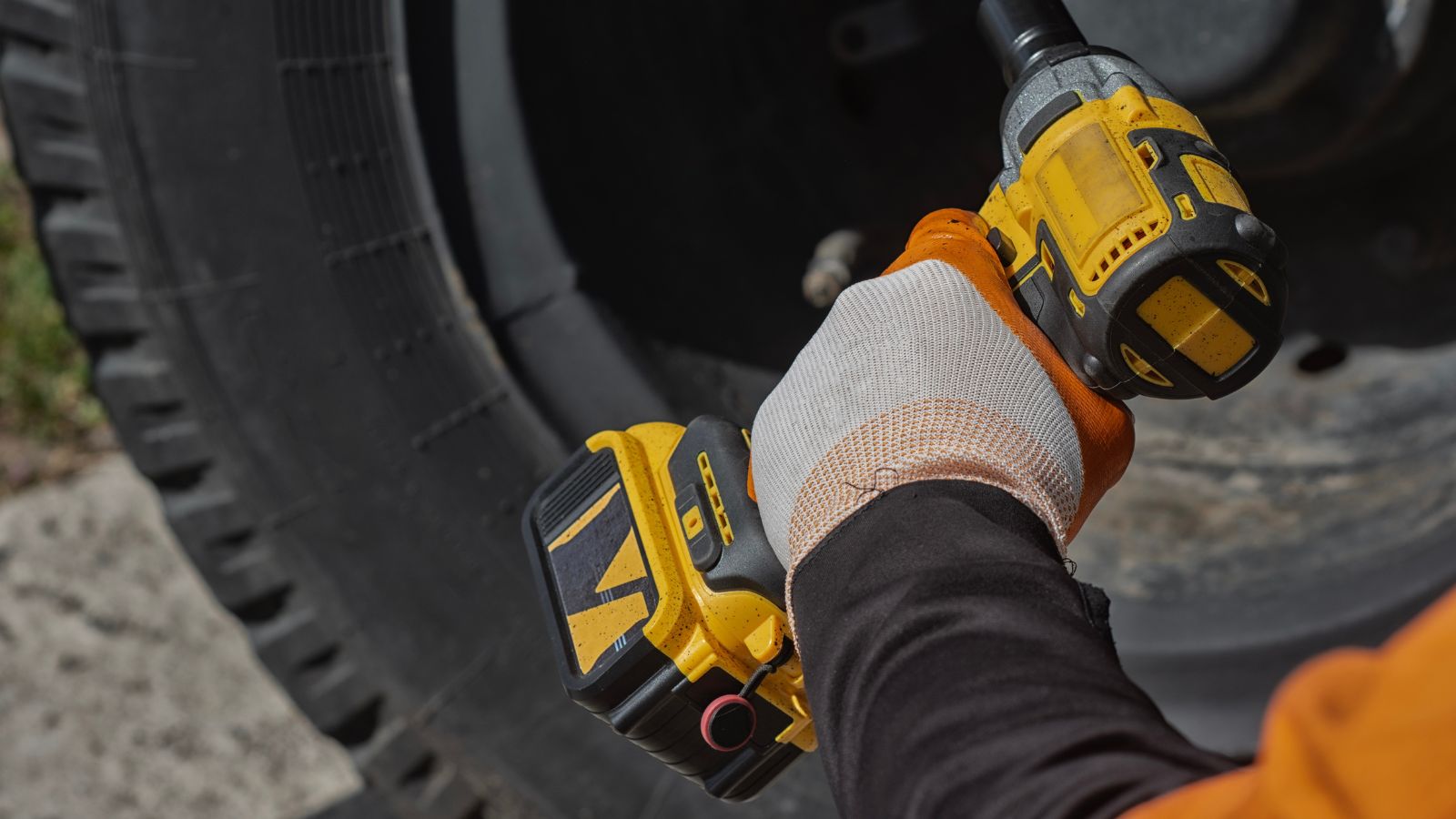
Every hobby mechanic eventually faces the dreaded seized bolt. That is where an impact wrench or breaker bar earns its keep. A breaker bar is a long handled tool that gives you the leverage to crack stubborn fasteners loose, while an impact wrench (either pneumatic or electric) uses rapid hammering force to do the job in seconds. Removing lug nuts, suspension bolts, or rusted exhaust hardware becomes a lot less stressful with one of these tools at your side. Even if you only work on cars occasionally, having a way to deal with stuck bolts will save both time and knuckles.
Oil Filter Wrench
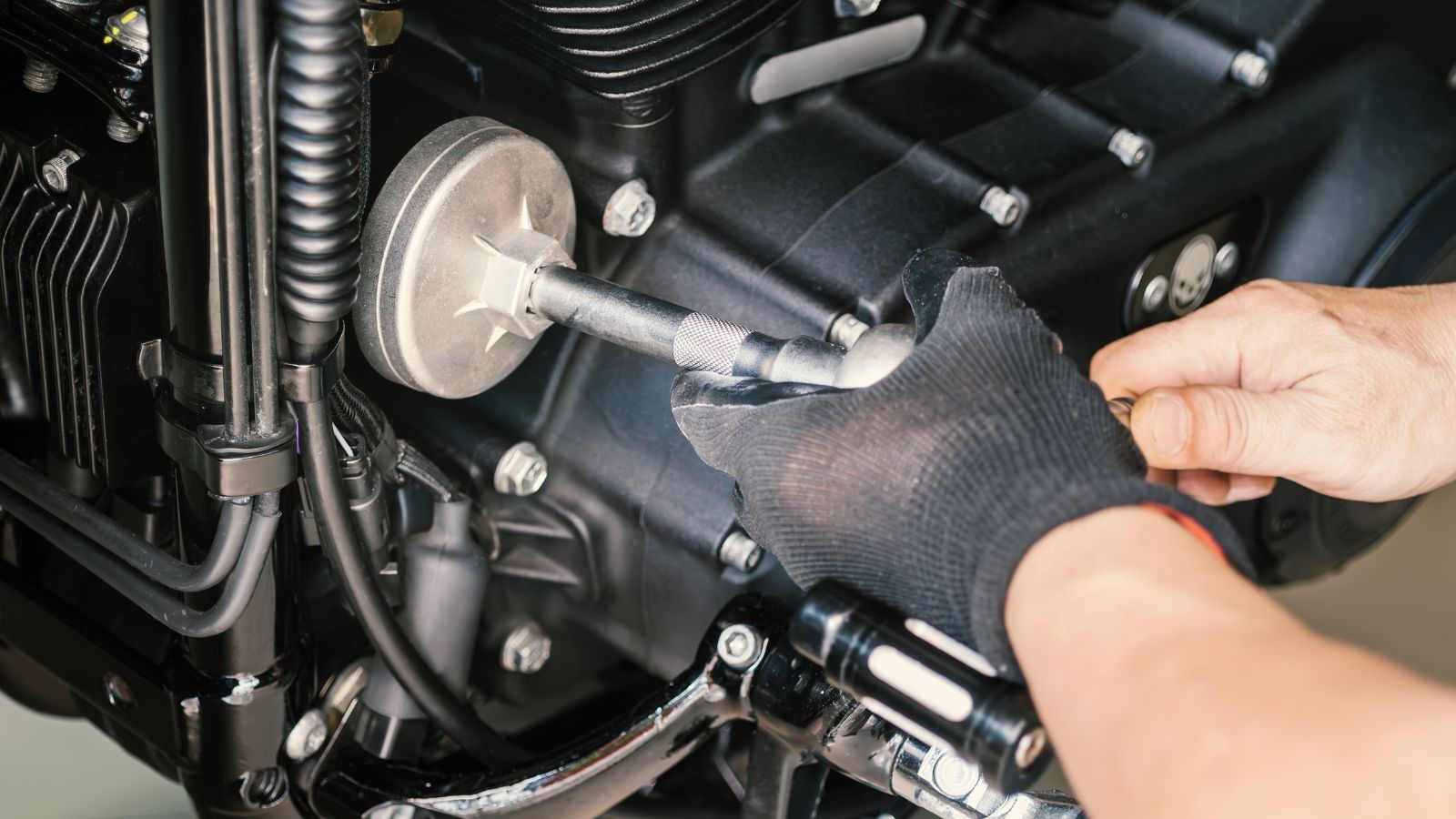
It sounds almost too simple, but an oil filter wrench is a must have. Oil filters are notorious for getting stuck after heat cycles, and trying to remove one by hand often ends in frustration and scraped knuckles. An oil filter wrench grips the filter tightly and allows you to twist it off cleanly. Since oil changes are the most common DIY job for hobby mechanics, this small tool pays for itself immediately. Combine it with a drain pan and you are set to handle one of the most important aspects of car maintenance.
Work Light
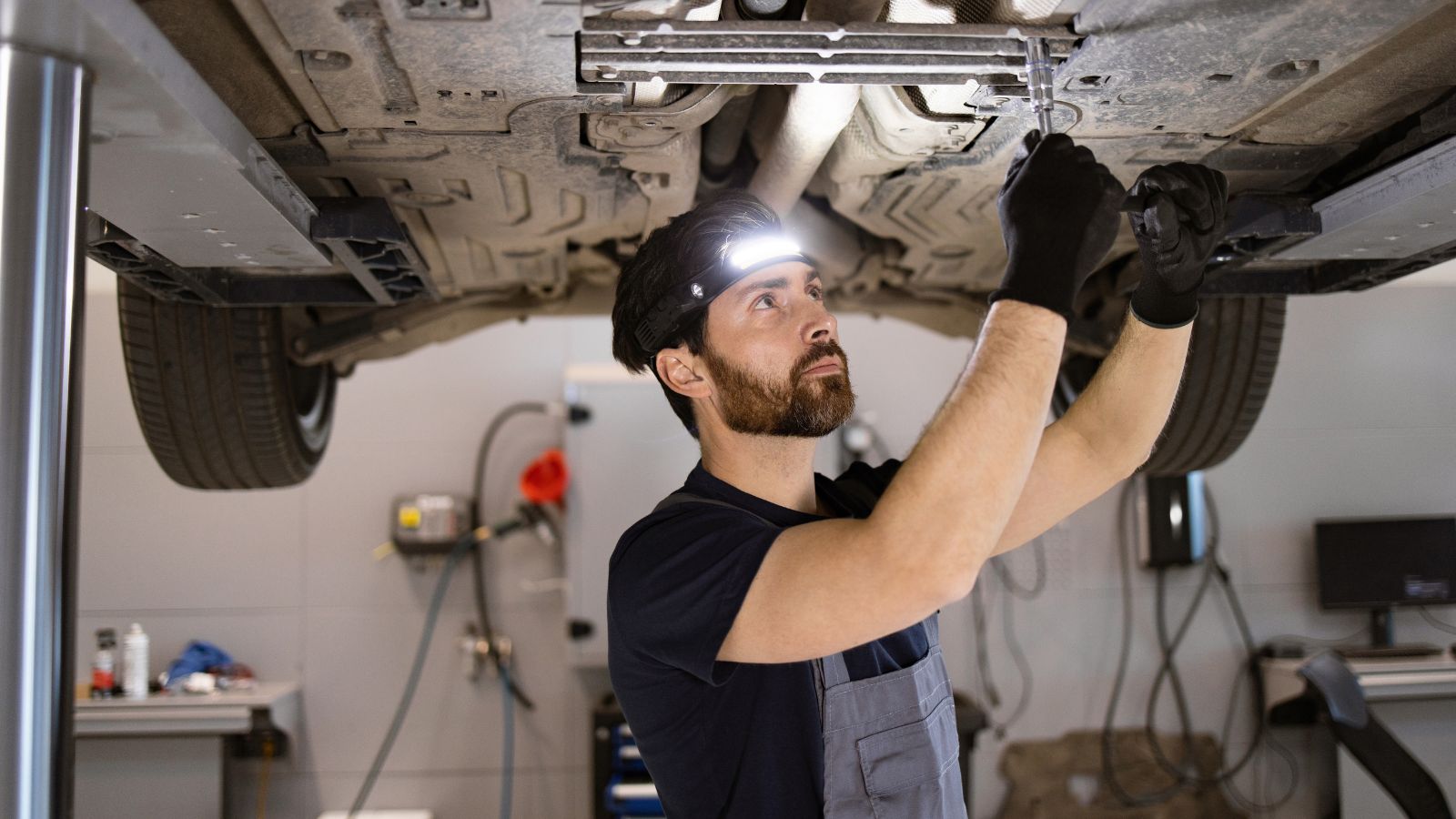
Cars are full of dark corners, and even during the day you will often find yourself working in dim conditions. A bright, portable LED work light eliminates the guesswork. Rechargeable units that can run for hours are best, and magnetic bases or hooks allow you to position the light exactly where you need it while keeping your hands free. Whether you are reaching behind the engine or crawling under the car, a good work light will make the job safer and more efficient. Many mechanics consider it one of the most underrated tools in the garage.
Tool Chest and Organization

The best tools in the world will not help you if you cannot find them when you need them. A sturdy toolbox or rolling chest keeps everything organized and easy to access. Sorting sockets, wrenches, and screwdrivers into drawers or compartments reduces wasted time and prevents lost tools. Organization also lets you build your collection gradually, knowing what you already have and what you still need. Hobby mechanics often start with a single box, but upgrading to a proper chest as your collection grows will make working on cars far more enjoyable.
Right Tools
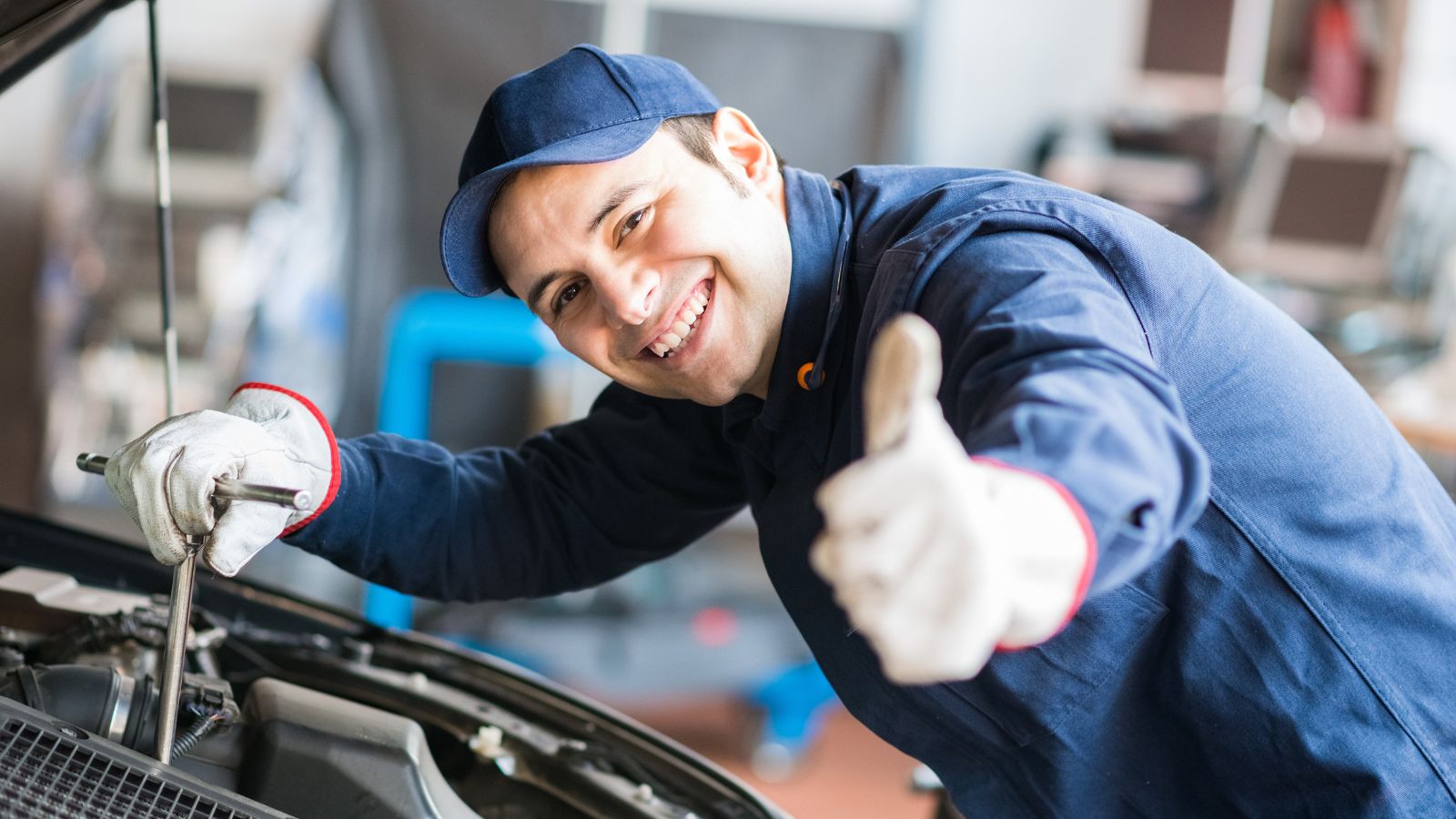
These ten essentials are more than just pieces of metal and plastic. They are the foundation of independence for hobby mechanics. With them, you can tackle jobs ranging from oil changes and brake pad replacements to more advanced projects like suspension swaps or intake upgrades. Just as importantly, they make work safer, faster, and less frustrating. A car is one of the biggest investments most people make, and learning to work on it yourself adds a layer of appreciation that goes beyond simple ownership. The right tools transform car maintenance from a chore into a rewarding hobby.
